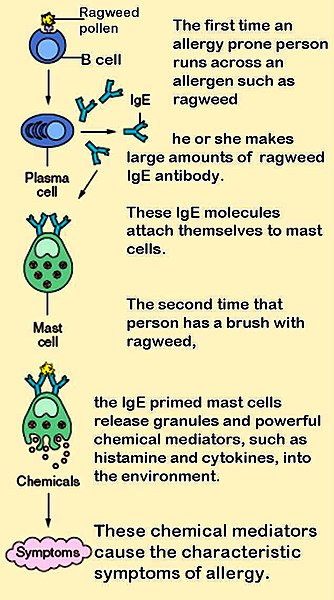Infinite photos and videos for every Wiki article ·
Find something interesting to watch in seconds
British Monarchs
Celebrities
Animals
Supercars
Sports
Largest Empires
Richest US Counties
World Banknotes
Presidents
Great Cities
Best Campuses
Orders and Medals
Famous Castles
Wars and Battles
Largest Palaces
Recovered Treasures
Crown Jewels
Rare Coins
Tallest Buildings
Countries of the World
Great Museums
Great Artists
Wonders of Nature
History by Country
Kings of France
Ancient Marvels
more top lists





